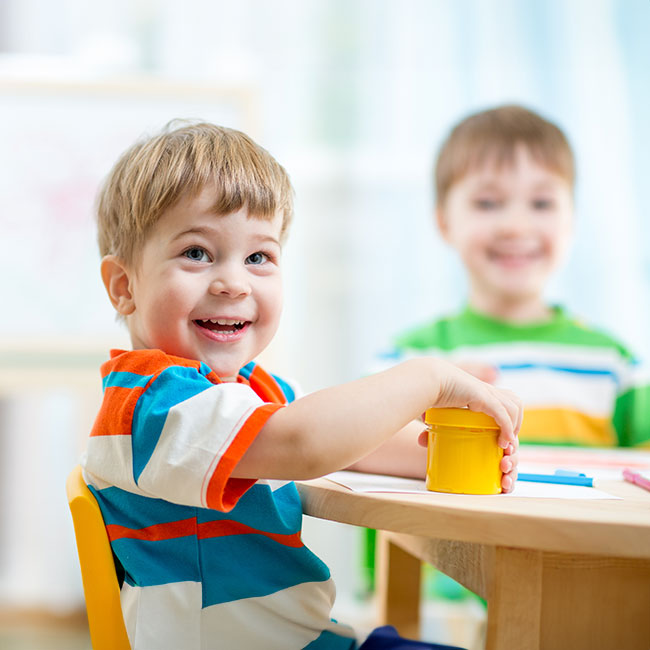
At Smart Kids Nursery, we recognize the importance of fostering mindfulness practices in children from a young age. Mindfulness can help children develop essential skills such as self-regulation, focus, empathy, and emotional resilience. By incorporating mindfulness practices into our curriculum, we aim to support children in their overall well-being and holistic development. To get the best childcare services, visit this website.
The Benefits of Mindfulness for Children
Introducing mindfulness practices early on can have numerous benefits for children's mental, emotional, and social development. Some of the key benefits include:
Improved Focus and Concentration
- Mindfulness practices help children enhance their ability to concentrate on tasks and stay focused for longer periods.
- By teaching children to pay attention to their breath or senses, they can sharpen their concentration skills in a fun and engaging way.
Emotional Regulation
- Through mindfulness, children can learn to identify and manage their emotions effectively.
- Practicing mindfulness techniques such as deep breathing or body scans can help children calm themselves during moments of stress or anxiety.
Enhanced Social Skills
- Mindfulness practices promote empathy and kindness towards others, fostering positive social interactions among children.
- By encouraging children to be present in the moment, they can develop better communication skills and build stronger relationships with their peers.
Integrating Mindfulness Practices at Smart Kids Nursery
At Smart Kids Nursery, we have incorporated various mindfulness activities into our daily routines to help children cultivate mindfulness skills in a supportive environment. Some of the practices we emphasize include:
Morning Mindfulness Rituals
- Starting the day with a brief mindfulness exercise such as deep breathing or mindful stretching to set a positive tone for the day.
- Encouraging children to express gratitude and share positive affirmations with their classmates to promote a sense of community and connection.
Mindful Eating Practices
- Teaching children to engage their senses while eating, such as noticing the colors, smells, and textures of their food.
- Encouraging children to eat slowly and mindfully, savoring each bite and being grateful for the nourishment they receive.
Mindful Movement Activities
- Incorporating yoga, dance, or stretching exercises into the daily routine to help children connect with their bodies and release pent-up energy.
- Guiding children through simple mindfulness movements to increase body awareness and promote relaxation.
Parent Partnership in Mindfulness Practices
At Smart Kids Nursery, we believe in the importance of involving parents in our mindfulness initiatives to create a holistic approach to children's well-being. We encourage parents to engage in mindfulness practices at home and support their children's mindfulness journey by:
Providing Resources and Tools
- Sharing mindfulness resources, such as guided meditations, books, and online mindfulness courses, with parents to deepen their understanding of mindfulness.
- Offering tips and strategies for parents to incorporate mindfulness practices into their daily routines with their children.
Hosting Mindfulness Workshops and Events
- Organizing workshops and events focused on mindfulness for parents to learn practical techniques and strategies for cultivating mindfulness in their children.
- Creating a community of like-minded parents who can support each other in implementing mindfulness practices at home.
Conclusion
Introducing mindfulness practices for children at Smart Kids Nursery is a proactive approach to supporting children's overall well-being and development. By incorporating mindfulness into our curriculum and partnering with parents, we aim to equip children with valuable skills that will benefit them throughout their lives.